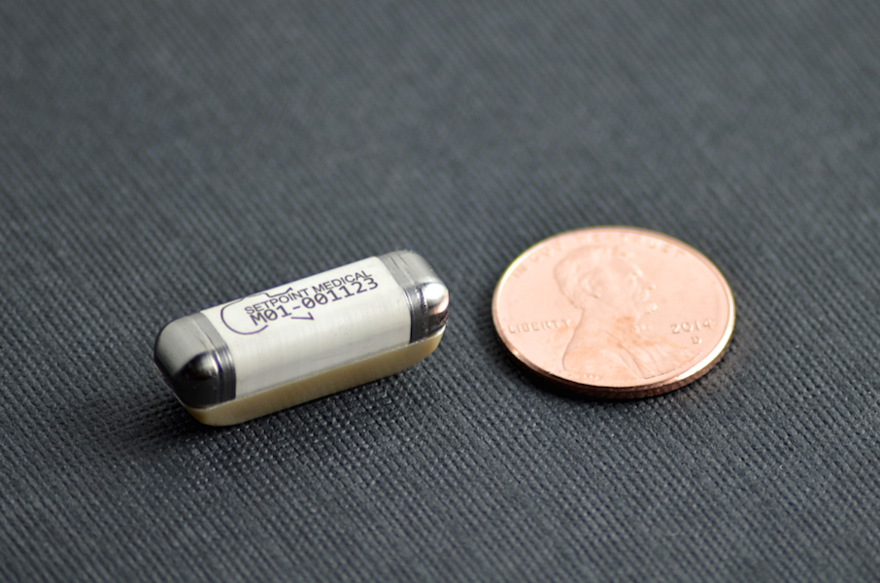Rheumatoid arthritis (also know as RA) is a disease where the body’s immune system, which normally attacks foreign substances like bacteria and viruses, mistakenly attacks the joints.
This creates inflammation that causes pain in and around different joints. This inflammation can damage cartilage, which is the tissue that covers the ends of bones in a joint, as well as the bones themselves. RA most commonly affects the joints of the hands, feet, wrists, elbows, knees and ankles.
Over time, these joints can become painful and less functional. Joint damage cannot be reversed, so doctors recommend an early diagnosis and aggressive treatment to control RA.
A new type of treatment being developed for Rheumatoid Arthritis
A few goals of RA treatments are to:
- Relieve symptoms
- Improve physical function
- Stop inflammation and put the condition in remission
- Prevent joint and organ damage
So far, the types of treatments for Rheumatoid Arthritis have mainly taken the form of:
- Drugs that reduce the symptoms (like ibuprofen)
- Drugs that slow disease activity (such as Remicade, a biologic injection)
- Joint replacement surgeries (which can replace damaged parts of a joint with metal or plastic)
These treatments can have serious side effects and be very expensive.

Bioelectronic therapies, such as implantable devices that tell the body to heal itself from disease, are increasingly being evaluated as an alternative treatment for RA and other inflammatory conditions.
One example currently in clinical trials is SetPoint’s new bioelectric therapy, which is designed to stimulate the body’s natural inflammatory reflex in order to trigger an anti-inflammatory effect. The device is implanted on the vagus nerve (on the left side of the neck, just above the collarbone), and automatically delivers electrical stimulation according to a set schedule. This kind of therapy can be used to trigger the biochemical changes in the body that are usually done by drugs.
What have the results been so far?
17 patients with rheumatoid arthritis who had previously failed with multiple therapies (including methotrexate) were involved in the first clinical trial by SetPoint Medical. Medical specialists continued to follow the participants for 2 years after the study ended.
The results were positive, and showed that the active electrical stimulation of the vagus nerve both restricted tumor necrosis factor production in RA patients (which is involved with joint inflammation), and significantly reduced the disease severity. In addition, no deaths, infections, or serious negative side effects were reported.
The treatment is also being evaluated for treating Crohn's Disease, a chronic inflammatory bowel disease that currently has no cure. The company is continuing with later stage trials for the implant in rheumatoid arthritis patients.
What does this mean for you as a RA patient?
As a patient or loved one of someone living with rheumatoid arthritis, staying aware of the newest treatment options in clinical trials can help you evaluate the best course of treatment. This study can be used to start a discussion with your doctor or loved ones about finding RA treatment alternatives that are more effective, or have less side effects compared to what's currently being taken.
Source: http://www.pnas.org/content/113/29/8284.full
Are you or a loved one interested in exploring more alternative treatments for rheumatoid arthritis available in clinical trials? Let us know! We'll help you every step of the way. Sign up for Clara now or follow this link to learn more about how Clara supports patients through the clinical trials process.





